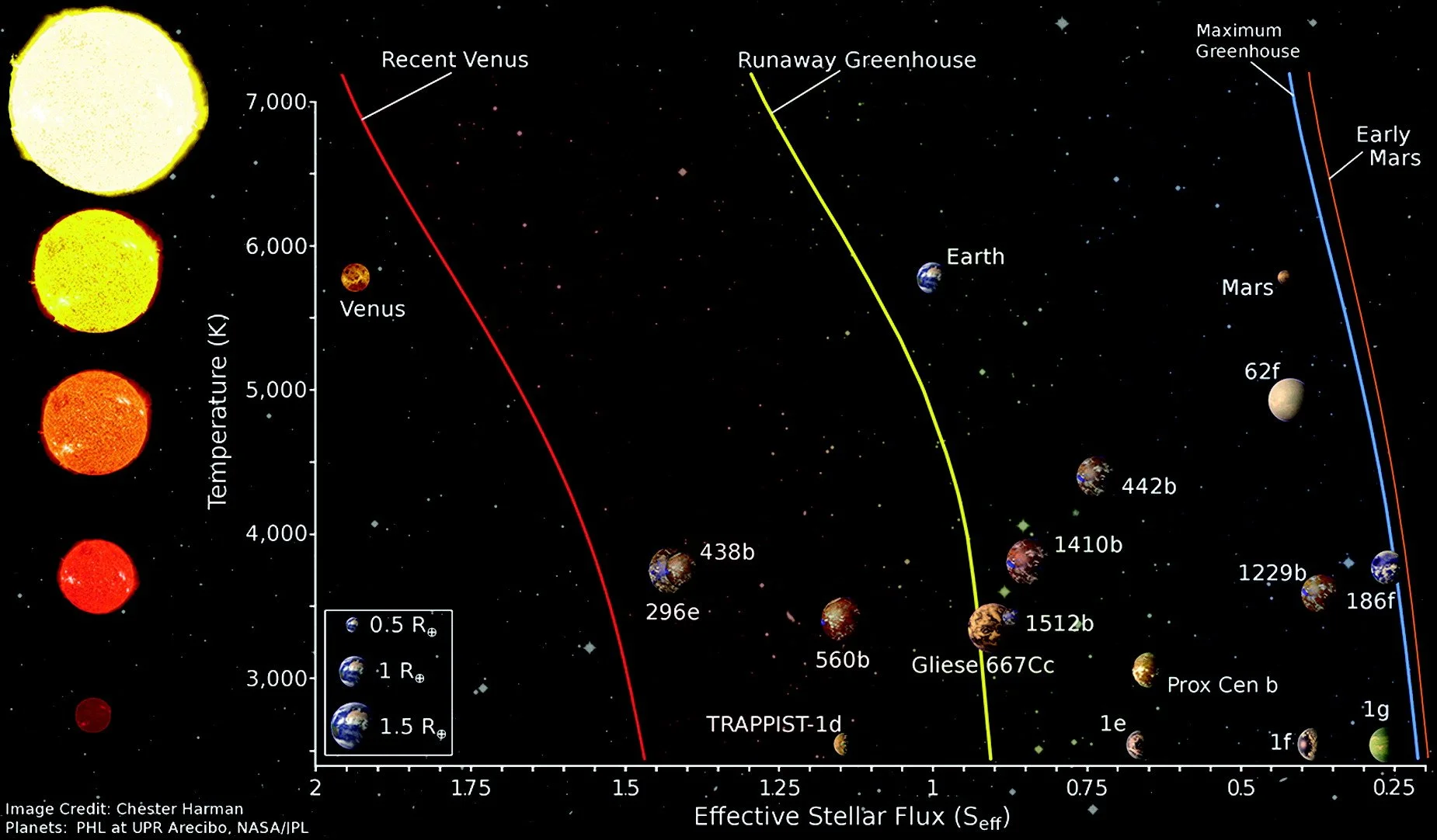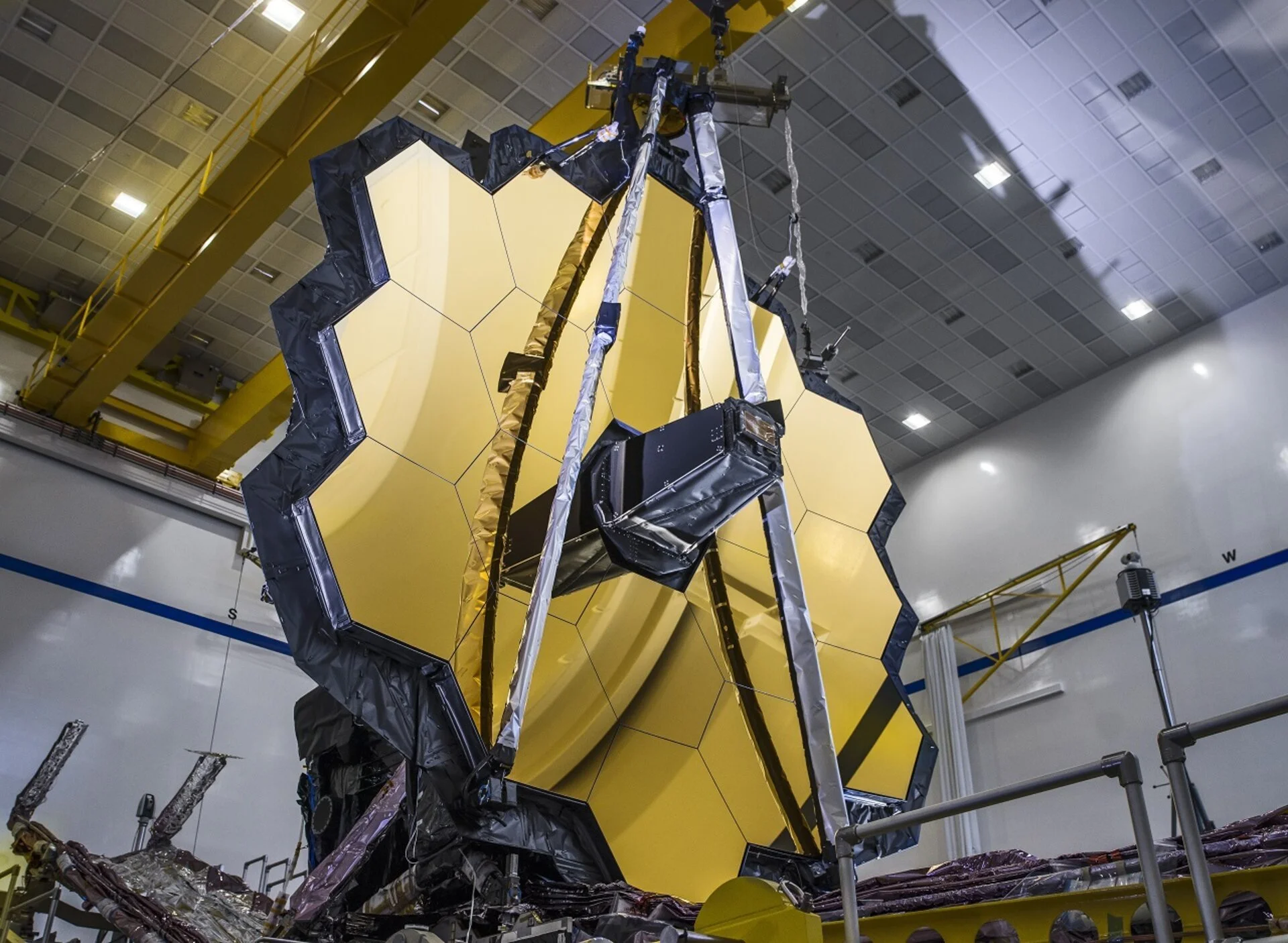The Human Cosmos | Part 2
A Universe Within Reach
What Happens to Society When Space Stops Being ‘Out There’?
The Circumstellar Habitable Zone
From Distant Dream to Daily Discourse
For centuries, space has been the realm of the distant and the divine. It’s a canvas for imagination, science fiction, and the occasional scientific breakthrough. But today, the cosmos is no longer a distant frontier; it’s becoming part of our lived experience. With private companies launching civilians into orbit, and telescopes detecting potential signs of life on exoplanets, space is transitioning from the abstract to the tangible.
This shift prompts critical questions such as;
How do societies adapt when the unknown becomes known?
What frameworks do we need to understand our place in a universe that’s increasingly within reach?
NASA’s James Web Space Telescope
Space Becomes Tangible
Recent advancements have accelerated this transition. NASA’s James Webb Space Telescope has detected carbon-bearing molecules, including methane and carbon dioxide, in the atmosphere of exoplanet K2-18b, suggesting it could be a Hycean world, a planet with a hydrogen-rich atmosphere and a water covered surface, potentially capable of supporting life.
Simultaneously, private enterprises like Virgin Galactic, Space Perspective, Space X, Blue Origin, and Sierra Space have made significant strides in commercial spaceflight. The Polaris Dawn mission, for instance, achieved the first commercial spacewalk and reached the highest Earth orbit since the Apollo missions. These developments indicate that space exploration is no longer confined to governmental agencies but is becoming a collaborative, global commercial endeavour.
Moreover, discussions around the ethical and societal implications of space activities are gaining prominence. NASA’s Artemis Ethics and Society Report emphasises the need to consider the broader impacts of space exploration on humanity.
Designing for Human-Centric Space Exploration
As a human-centred designer and strategist, I see this as a pivotal moment to apply our skills to ensure that space exploration remains inclusive, ethical, and reflective of diverse human experiences. We have the opportunity to:
Design frameworks that prioritise ethical considerations in space exploration.
Develop educational programs that prepare societies for the psychological impacts of becoming an interplanetary species.
Create inclusive narratives that represent the diverse cultures and perspectives of humanity in the context of space.
By integrating human-centred design principles, we can navigate the complexities of this new era, ensuring that our ventures into space are grounded in empathy and inclusivity.
Navigating the New Frontier
As we stand on the cusp of this new frontier, how might we consider our planets community, culture, and behavioural traits for future generations?
We can ensure that space exploration benefits all of humanity, not just a select few.
We can develop and use current ethical frameworks that are needed to guide our interactions with potential extraterrestrial life.
We can prepare societies for the cultural and psychological shifts that come with becoming a spacefaring civilisation.
Human Centred Design Questions
In what ways can human-centred design influence the future of space exploration?
How do we balance technological advancement with ethical responsibility in the context of space?
What role should diverse cultural perspectives play in shaping our approach to space exploration?
Next in the Series:
Part 3 | Our Earth Reframe
What Space Teaches Us About Planetary Thinking?

